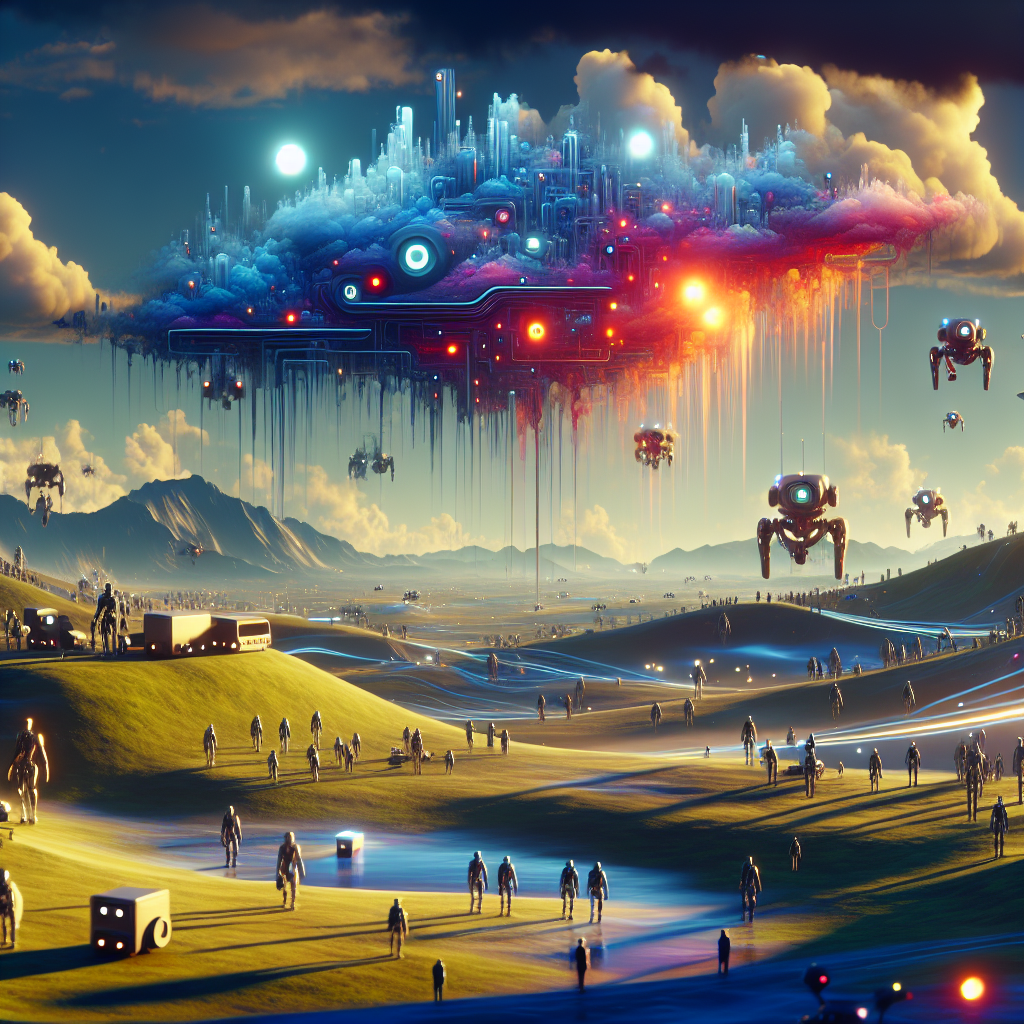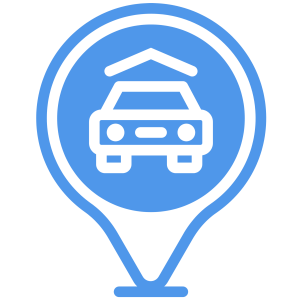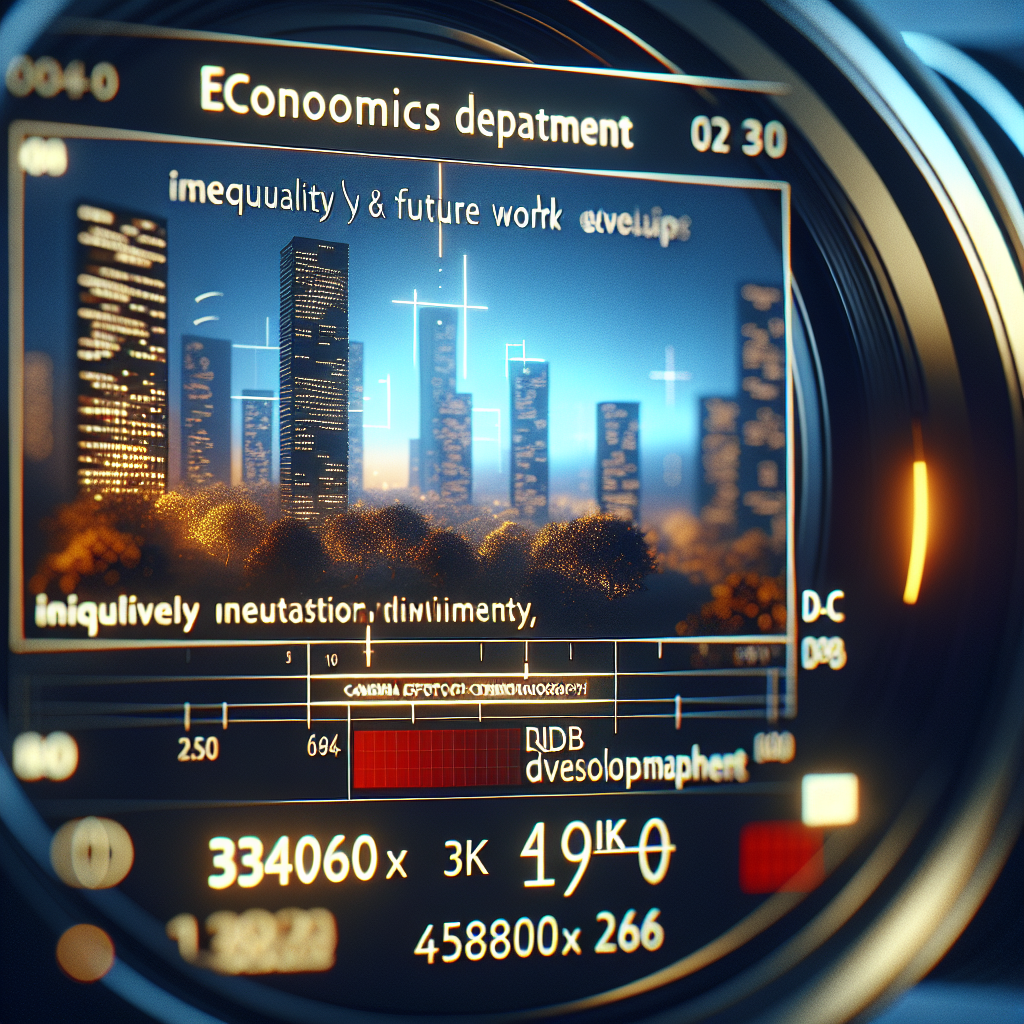Is it Possible for Robots to Learn from Machine Dreams?
Exploring the Possibility of Robots Learning from Machine Dreams
Recent advancements in artificial intelligence (AI) have sparked a fascinating discussion about the potential for robots to learn from machine dreams. This concept, while seemingly far-fetched, is rooted in the idea that machines could use dream-like simulations to improve their learning capabilities.
The Concept of Machine Dreams
Machine dreams refer to the process where AI systems use simulated experiences, akin to human dreams, to learn and improve their performance. This concept is based on the theory that dreams play a crucial role in human learning and memory consolidation.
How Robots Could Benefit from Machine Dreams
Robots could potentially use machine dreams to enhance their learning capabilities in several ways:
- By simulating different scenarios, robots could learn to respond to a wider range of situations.
- Machine dreams could help robots to consolidate their learning, similar to how humans use dreams to process and store information.
- Through dreaming, robots could potentially develop more advanced cognitive abilities, such as problem-solving and decision-making skills.
Challenges and Limitations
While the concept of machine dreams is intriguing, it also presents several challenges. For instance, it is still unclear how to effectively simulate dream-like experiences for machines. Additionally, the complexity of human dreams and their role in learning is not fully understood, making it difficult to replicate this process in robots.
Conclusion
In conclusion, the idea of robots learning from machine dreams presents an exciting frontier in AI research. While there are significant challenges to overcome, this concept could potentially revolutionize the way machines learn and evolve. As AI continues to advance, the dream of robots learning from their own dreams may become a reality.














